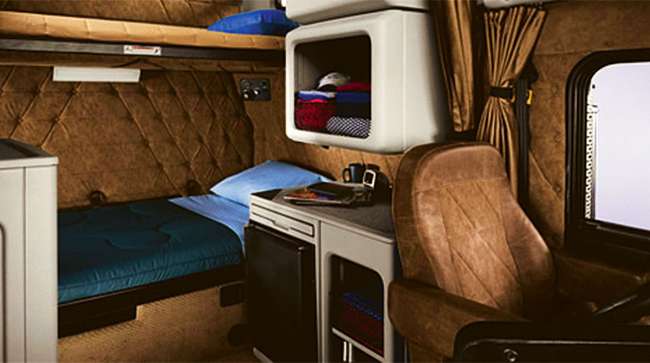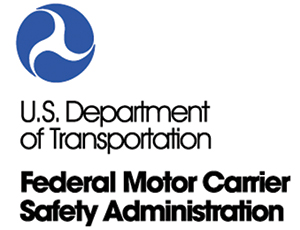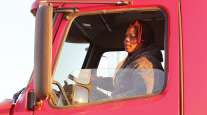Senior Reporter
FMCSA Denies PTS Worldwide Request to Split Sleeper Berth Time

[Stay on top of transportation news: Get TTNews in your inbox.]
The Federal Motor Carrier Safety Administration has denied a five-year exemption request by Department of Defense highly sensitive cargo carrier PTS Worldwide to split sleeper berth hours into segments of 4/6, 5/5 or 6/4 hours.
The denial, announced May 15, comes on the heels of a final agency hours-of-service final rule the previous day that modified the split sleeper berth exception to allow drivers to divide their required 10 hours off-duty into an 8/2 or a 7/3 split. Neither period would count against the driver’s 14-hour driving window, according to the rule.
The PTS request would be limited to team driver operations, the carrier said. PTS transports materials such as ammunition and explosives.

“FMCSA analyzed the exemption application and public comments, and determined that the application lacked evidence that would ensure an equivalent level of safety or greater would be achieved absent such exemption,” the agency announcement said.
FMCSA said the most recent research and data suggest that the longer sleeper berth period needs to be at least seven hours, if all the other variables such as daily driving time limits, weekly driving time limits, and other various factors in the hours-of-service regime remain unchanged.
PTS sought the sleeper berth split for its team drivers to obtain their 10 hours in two periods, neither less than four hours long.
In its exemption request, PTS said its team drivers travel more than 1,100 miles per 24 hours and average 60 hours on duty per week. After five weeks on the road, PTS drivers receive a week off-duty at home.
“PTS asserts that due to the nature of its business, these drivers would be more alert if allowed to take shorter rest periods in the sleeper berth,” the announcement said. “It believes that the shorter period would allow PTS drivers to obtain nighttime hours in the sleeper berth and thereby minimize driver fatigue.”
PTS said that its vehicle and driver safety record is better than the national average, and that it has one of the best safety, security and service records of all DOD arms and ammunition transporters, the announcement said.
The PTS request made reference to studies that identified sleeper berth flexibility as a contributor to normalizing sleeping patterns and reducing fatigue.

COVID-19 has been a wakeup call to many businesses. Knowing the location and status of freight makes all the difference in navigating uncertainty. Host Seth Clevenger speaks with supply chain visibility experts Glenn Koepke and Francis Roy. Hear a snippet, above, and get the full program by going to RoadSigns.TTNews.com.
FMCSA said 20 public comments were made on the request, and two — from the Commercial Vehicle Safety Alliance and DOD safety-sensitive cargo carrier Boyle Transportation — opposed the request.
CVSA commented that before FMCSA makes a determination on the exemption request, the agency should conduct the originally planned pilot program on the issue, and consider data collected in the program in its decision.
“The pilot program is necessary to study the effects of various sleeper berth splits on driver fatigue,” CVSA said.
Boyle Transportation said granting the exemption application would increase the risk of crashes and that PTS has not shown how it would ensure an equivalent level of safety if granted the exemption.
“Boyle further added that such a practice is unacceptable given the inherent danger of much of the material being transported and the unsafe conditions it would create for other professional drivers, military service members and DOD civilians and contractors engaged in loading and unloading operations as well as the public,” the announcement said.
Of the 17 other individuals who filed comments, 12 supported the request, four opposed and one had no position, FMCSA said.
The agency originally had planned to conduct a sleeper berth pilot as early as 2014 but dropped the idea, saying research indicated it was not needed.
Want more news? Listen to today's daily briefing:




